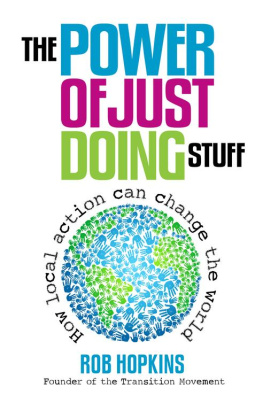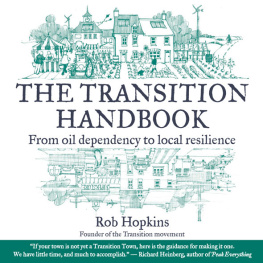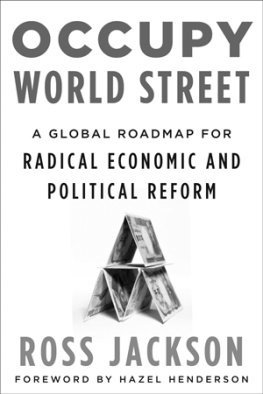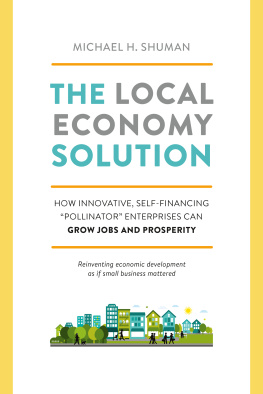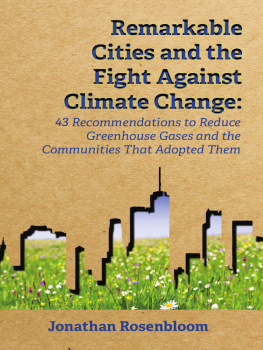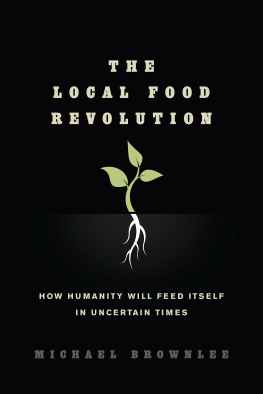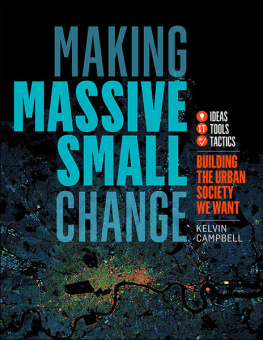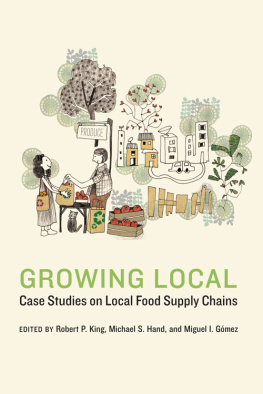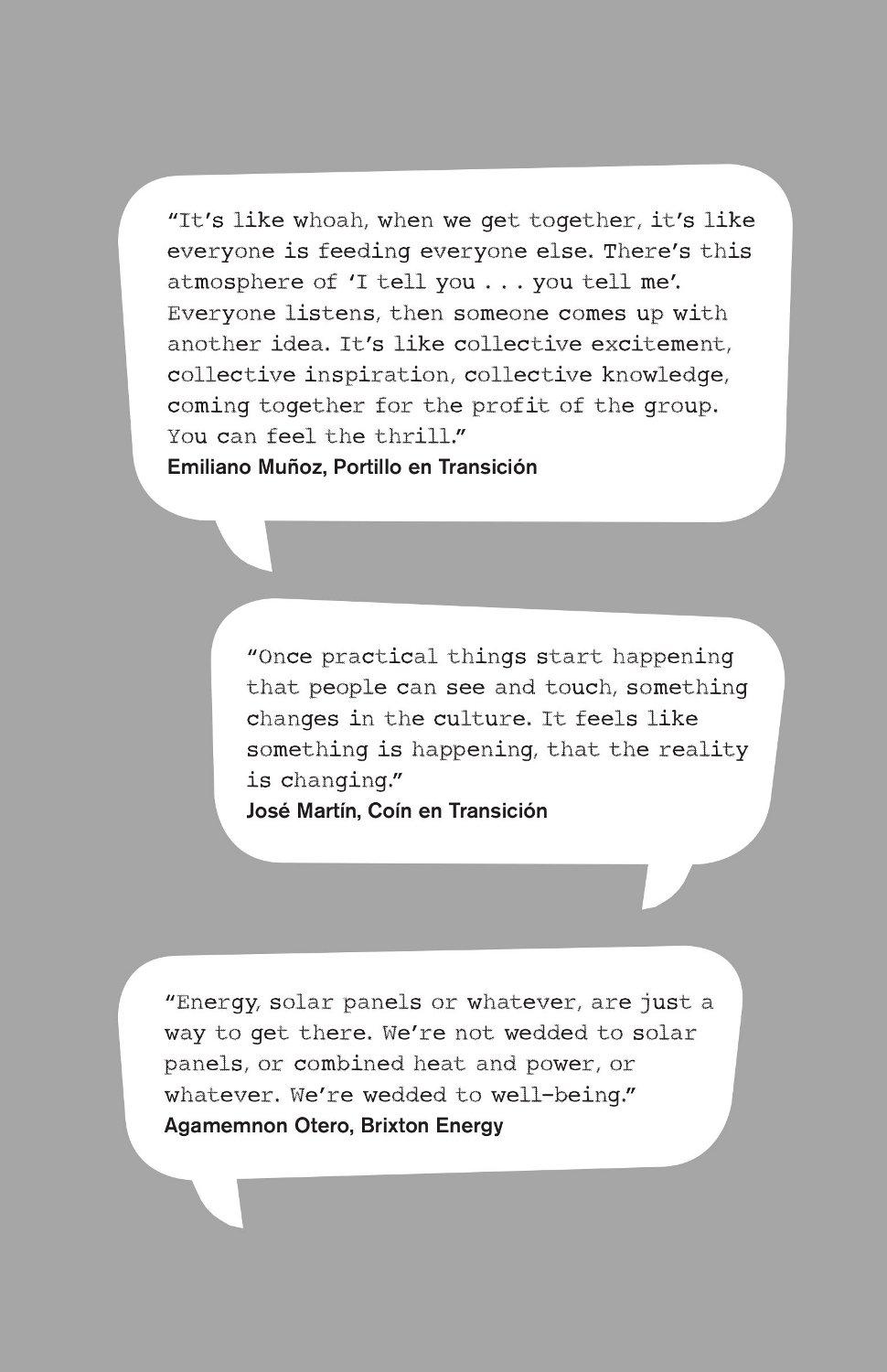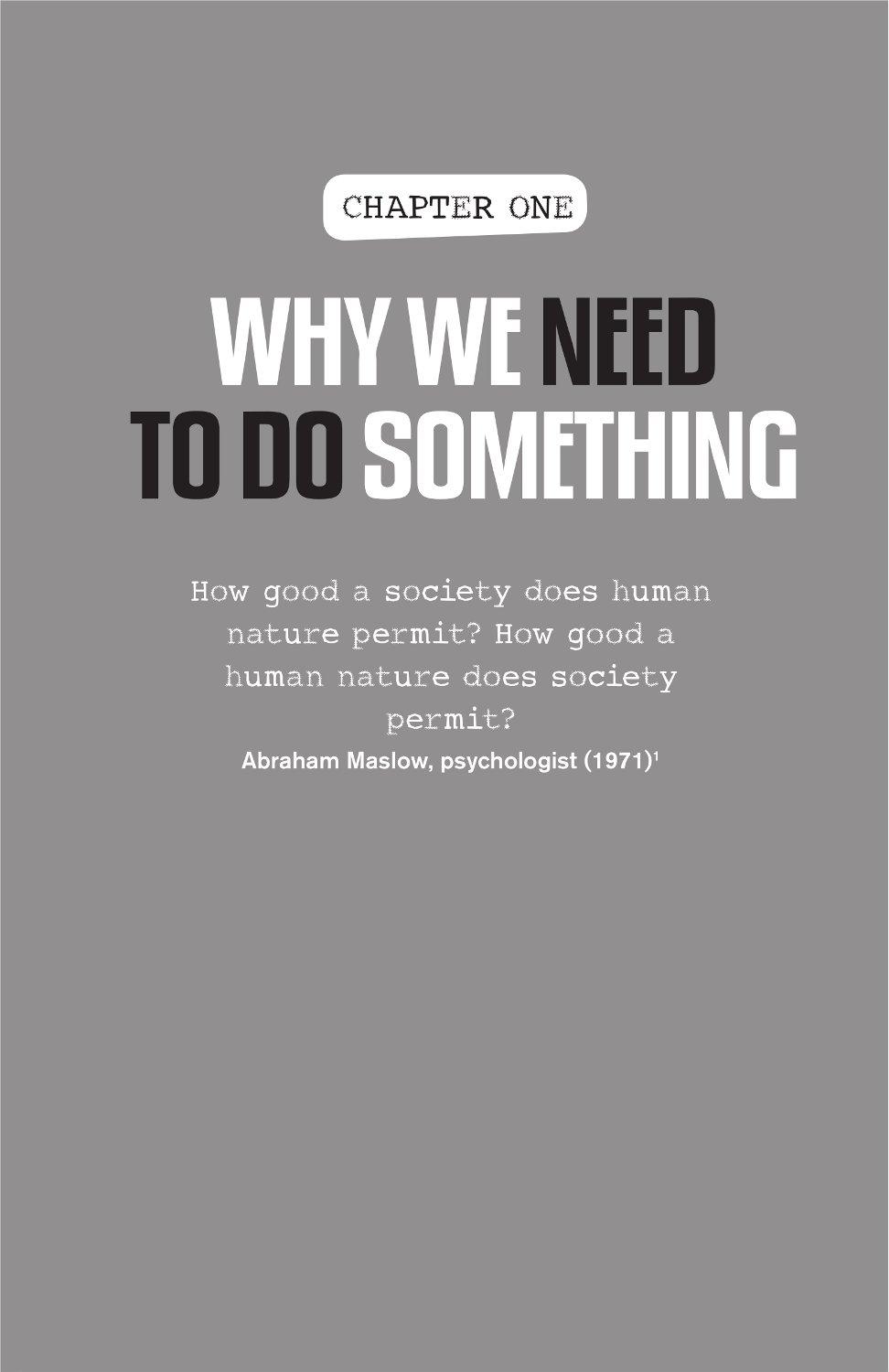To the locksmiths of Pamplona.
For Emma, Rowan, Finn, Arlo and Cian.
Id like to thank the team at Transition Network: Kat Balassa, Sophy Banks, Ben Brangwyn, Isabel Carlisle, Jo Coish, Naresh Giangrande, Nicola Hillary, Peter Lipman, Sarah McAdam, Ed Mitchell, Filipa Pimentel, Amber Ponton, Fiona Ward, Laura Whitehead, as well as Lou Brown, Charlotte Du Cann, Hal Gillmore, Mike Grenville, Tony Graham, Jacqi Hodgson, Shane Hughes, Frances Northrop, Mary Popham and Jay Tompt.
Also the people who gave their time so generously while I was researching this book: Kevin Anderson, Peter Andrews, Christopher Bear, Ruth Ben-Tovim, Rachel Bodle, Cristiano Bottone, Peter Capener, Robert Cervelli, Tina Clarke, Helen Cunningham, Rachel de Thample, Juan del Rio, Peter Driscoll, Edward Droste, Joe Duggan, Alex Edleson, Hide Enomoto, Simon Gershon, Don Hall, Brian Harper, Colin Harrison, Jo Homan, Pierre Houben, Andrew Knox, Duncan Law, Jos Martn, Catriona Mulligan, Ciaran Mundy, Emiliano Muoz, Lucy Neal, Anna OBrien, Agamemnon Otero, Jules Peck, Monica Picavea, Filipa Pimentel, Joanne Poyourow, Philip Revell, Daniel Rossen, Chris Rowland, Martin Shaw, Nicholas Shaxson, Andrew Simms, Steve Smith, Sarah Stewart, Snia Tavares, Chris Taylor, Graham Truscott, Simon Turner, Peter Victor and Jon Walker, as well as the readers of TransitionCulture.org for their input, and everyone whose photos are used here.
Tudor Trust, Roger Ross of Lots Road Auction, Theresa Field, Esme Fairbairn Foundation, V. Kann Rasmussen Foundation, John Ellerman Foundation, the Roddick Foundation, Calouste Gulbenkian Foundation, Polden-Puckham Charitable Foundation, The Bromley Trust, The Network for Social Change, Nominet Trust, Ashoka, Artists Project Earth, the Marmot Charitable Trust, The European Economic and Social Committee Civil Society Prize, The Arts and Humanities Research Council, Grundtvig Programme, LUSH, the Keep the Land Foundation, Carnegie UK Trust, Curry Stone Design Prize, Transition Tyndale, the Tanner Trust, the Prairie Trust, an anonymous Foundation and many individuals to whom we are very grateful for their support of the evolution of Transition.
Everyone who sent in comments, photos, drawings and so on, and as always, the good people at Green Books.

Might this market in Santander, Spain (above, see page 31), the community in London planting hops in back gardens (below left, see page 73) and the city of Bristol printing its own money (below right, see page 56) represent the seeds of a much-needed new approach to our economic future? Credits:
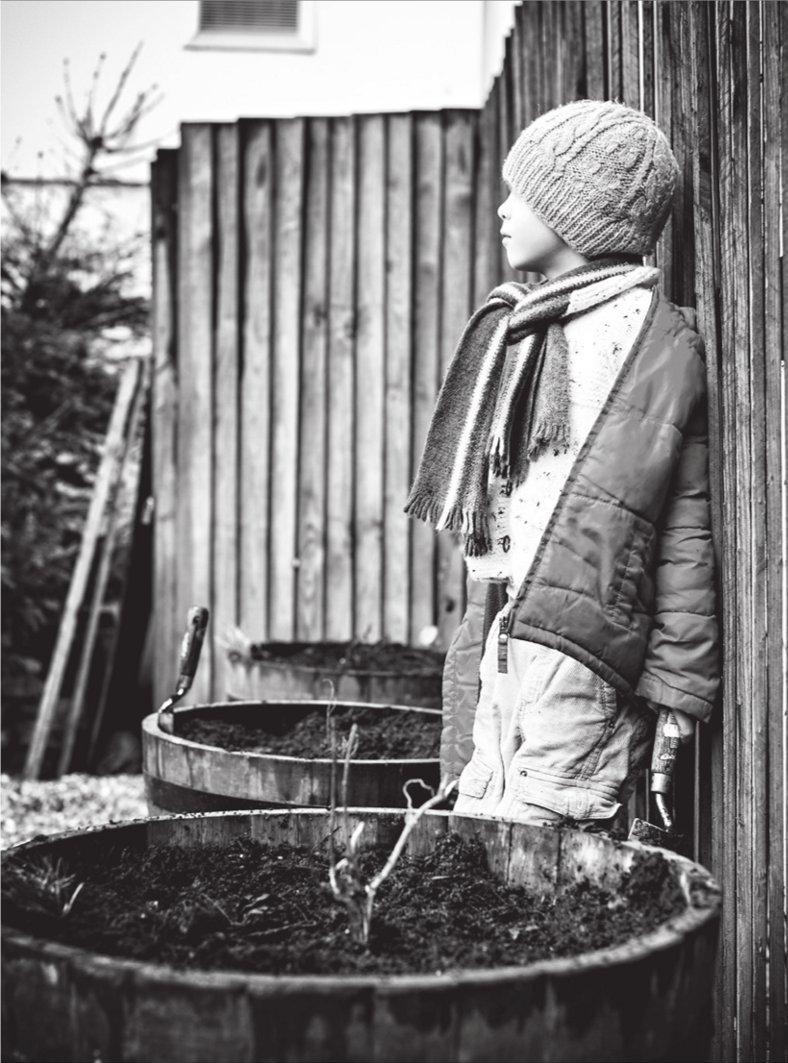
Guy Milnes

Mark Simmons
This book is an invitation to explore a new approach to how our economy might work, how we create employment and wealth, and how we live and work in our local communities. Around the world, people are coming together and making this happen. From Argentina to Italy and from Canada to Japan, you will hear through what it looks like and feels like when people decide that they want a different kind of future from the one currently on offer.
You will hear of peoples successes and failures, of the moments when the hairs on the back of their necks stand up; when the future feels thrilling. You will hear of what it feels like when you step across from thinking about probabilities to focusing instead on possibilities . In our search for new sources of energy to mobilise our economies, the great surge of creative energy that this approach can unleash may turn out to be the most important one of all.
This book wont tell you what to do (although youll find some great resources at the back). Rather, it will present you with a new Big Idea for where we move forward to from here, and will give you a taste of what moving towards that looks and feels like. You will hear from creative and imaginative souls who have already set out into uncharted waters. Youll find that these people are not all that different from you. In these pages I want to give you a sense of what preparing for such a journey is like.
I hope that this proves sufficiently inspiring that in later years you might look back at the moment when you picked up this book as having been one of the seminal moments in your life, beyond which you never looked at things in the same way again.
Chapter One:
Why we need to do something
Why we need a new Big Idea
I have a lot of sympathy for governments that see the immediate problems and strive to deal with them, but I have much less sympathy if they dont have a longer-term vision that makes sense of where were heading. Im very concerned that trying to pull out all the stops to re-stimulate economies, to use the clich to get back on track, is actually a formula for far worse things to happen, probably in the not-too-distant future.
Peter Victor, author, Managing without Growth
The idea underpinning this book is that local action can change the world. Between the things we can do as individuals and the things that governments and business can do to respond to the challenges of our times, lies a great untapped potential, what I am calling The Power of Just Doing Stuff. Its about what you can create with the help of the people who live in your street, your neighbourhood, your town. I want to excite you about the possibilities of what we can create in the communities around us, and how, if enough of us do it, it can lead to real impact, to real jobs, and to real transformation of the places we live and beyond.
One of the reasons I wrote this book was that in late 2012 I attended a two-day meeting of local authority Chief Executive Officers from across a region of the UK: an annual occasion for them to relax with each other, share new ideas and be exposed to some new thinking. I was there as part of the new thinking bit, but the most fascinating part was at the beginning, where each was asked to share where they thought we are headed economically. Are we headed for a gradual return to growth, a bumping along a plateau for a while, or a more sustained contraction? I expected most to speak enthusiastically of the new era of growth lying just around the corner, given that that would be what they are stating publically.
In the event, only about a quarter of them shared that kind of optimism. One said If we ever get out of this recession, nothing will be as it was in the past. Another said Every generation has had things better than its parents. Not any more. And another, Future generations will look back and say this was the start of the end of the Western world. The one that stunned me the most was the man who said that he was fascinated by history, and had been reading about the last days of the Roman Empire in England, where in AD 308 there were roads, agriculture, central heating and so on, and 20 years later the country was back in the Iron Age. No civilisation has lasted forever, he said. There is a very real chance of collapse.

